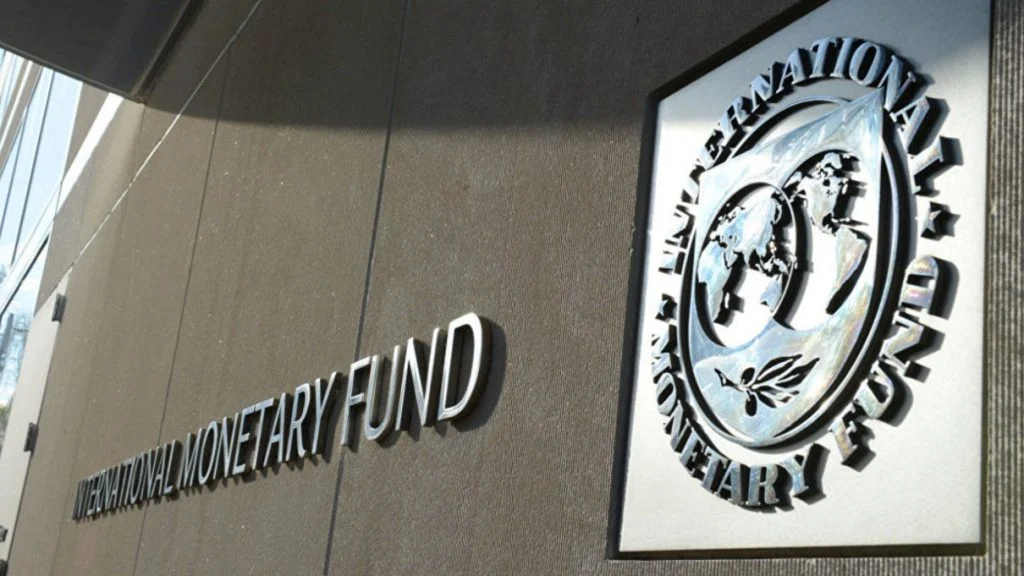The International Monetary Fund (IMF) is a globally respected institution known for its crucial role in times of economic crisis. Established after World War II with the support of developed and industrialized nations, the IMF’s primary mission is to assist countries facing significant economic challenges.
The IMF was created during the United Nations Monetary and Financial Conference, held in Bretton Woods, New Hampshire, United States, in July 1944. This conference included representatives from 44 allied nations who sought to establish a new international financial system to promote stability following the economic turmoil of World War I and the Great Depression.

The main objective of the IMF’s creation was to foster monetary cooperation among member countries and prevent competitive currency devaluations that had contributed to economic instability during the 1930s. Additionally, the IMF was established to provide temporary financial assistance to member countries facing balance of payments difficulties, helping them overcome economic crises and implement appropriate economic policies.
The international monetary system established at Bretton Woods was based on fixed exchange rates, with the U.S. dollar serving as the primary anchor. This system lasted until the 1970s when it was replaced by a system of floating exchange rates. Since then, the IMF has continued to play a vital role in promoting economic stability and assisting member countries during financial crises.
Moreover, the IMF plays a fundamental role in managing economic crises by providing loans to countries facing balance of payments difficulties. These loans are often conditional on economic and fiscal reforms aimed at restoring the necessary economic stability.
The IMF and the World Bank are two essential institutions within the international financial system, each with specific functions and responsibilities.
The IMF primarily focuses on promoting international monetary and financial stability. It provides technical and financial assistance to member countries, especially during economic crises, with the goal of helping them maintain stability in their financial and monetary systems.
In contrast, the World Bank is a development-focused institution that provides financial and technical assistance to developing countries. Its primary focus is on initiatives to reduce poverty and promote economic and social progress.
The World Bank Group consists of five institutions, the main ones being the International Bank for Reconstruction and Development (IBRD), the International Development Association (IDA), and the International Finance Corporation (IFC). Additionally, the International Centre for Settlement of Investment Disputes (ICSID) supports the resolution of disputes between foreign investors and governments.
The World Bank works closely with member countries to identify challenges and implement projects and programs aimed at sustainable economic development. Its areas of focus include infrastructure, education, health, agriculture, environment, governance, and private sector development. The World Bank funds its projects through loans, grants, and technical assistance, tailoring its approaches to the specific needs of each country and region.
Although these two institutions have different objectives, they often collaborate on projects and programs aimed at economic development and global stability.
The IMF’s primary role is to promote economic and financial stability on a global scale. It achieves this through regular assessments of the economies of all member countries, as well as the global economy as a whole, through consultations known as “Article IV consultations.” These assessments help identify emerging risks and provide guidance on appropriate economic policies to mitigate them.
The IMF’s organizational structure consists of three main bodies: the Board of Governors, the International Monetary and Financial Committee (IMFC), and the Executive Board. The IMF comprises 190 member countries, covering nearly all nations worldwide, except a few such as North Korea, Cuba, and Liechtenstein.
The largest financial contributors to the IMF are the countries that provide the majority of the capital to fund its operations and programs. The primary contributors vary over time and are mainly determined by the size and economic capacity of each country. However, traditional major contributors include the United States (currently the largest contributor), Japan, China, Germany, France, and the United Kingdom.
Key Roles and Interventions
The IMF plays a critical role in various situations worldwide, offering financial assistance and policy guidance to countries in economic crisis. Here are some notable examples of IMF interventions:
- Latin America in the 1980s: During the Latin American debt crisis of the 1980s, the IMF provided financial assistance and guidance to countries like Mexico, Argentina, and Brazil, helping them restructure their debts and implement economic reforms to restore financial stability.
- East Asia during the 1997 financial crisis: During the 1997 Asian financial crisis, the IMF played a pivotal role by providing emergency loans and policy guidance to affected countries such as Thailand, Indonesia, and South Korea, helping them regain economic stability and restore investor confidence.
- Eastern Europe after the Soviet Union’s collapse: Following the Soviet Union’s collapse, many Eastern European countries faced significant economic challenges. The IMF assisted these nations in implementing market reforms, liberalizing their economies, and promoting sustainable economic growth.
- Argentina in 2001: During Argentina’s 2001 economic crisis, the IMF provided financial assistance in exchange for the implementation of austerity measures and structural reforms. However, the IMF’s approach was controversial and faced criticism for its social consequences.
- Greece during the sovereign debt crisis: During Greece’s sovereign debt crisis in 2010, the IMF, along with the European Union and the European Central Bank (known as the “Troika”), provided financial rescue packages in exchange for austerity measures and structural reforms.
These are just a few examples of the many instances in which the IMF has intervened, providing financial assistance and policy guidance to restore economic stability and promote sustainable growth.

